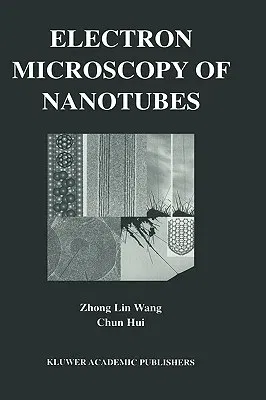Research in carbon nanotubes has reached a horizon that is impacting a
variety of fields, such as nanoelectronics, flat panel display,
composite materials, sensors, nanodevices, and novel instrumentation.
The unique structures of the nanotubes result in numerous superior
physical and chemical properties, such as the strongest mechan- ical
strength, the highest thermal conductivity, room-temperature ballistic
quantum conductance, electromechanical coupling, and super surface
functionality. Several books are available that introduce the synthesis,
physical and chemical properties, and applications of carbon nanotubes.
Among the various analytical techniques, high-resolution transmission
electron microscopy (HRTEM) has played a key role in the discovery and
characterization of carbon nanotubes. It may be claimed that carbon
nanotubes might not have been discovered without using HRTEM. There is a
great need for a book that addresses the theory, techniques, and
applications of electron microscopy and associated techniques for
nanotube research. The objective of this book is to fill this gap. The
potential of HRTEM is now well accepted in wide-ranging communities such
as materials science, physics, chemistry, and electrical engineering.
TEM is a powerful technique that is indispensable for characterizing
nanomaterials and is a tool that each major research institute must have
in order to advance its research in nanotechnology.

